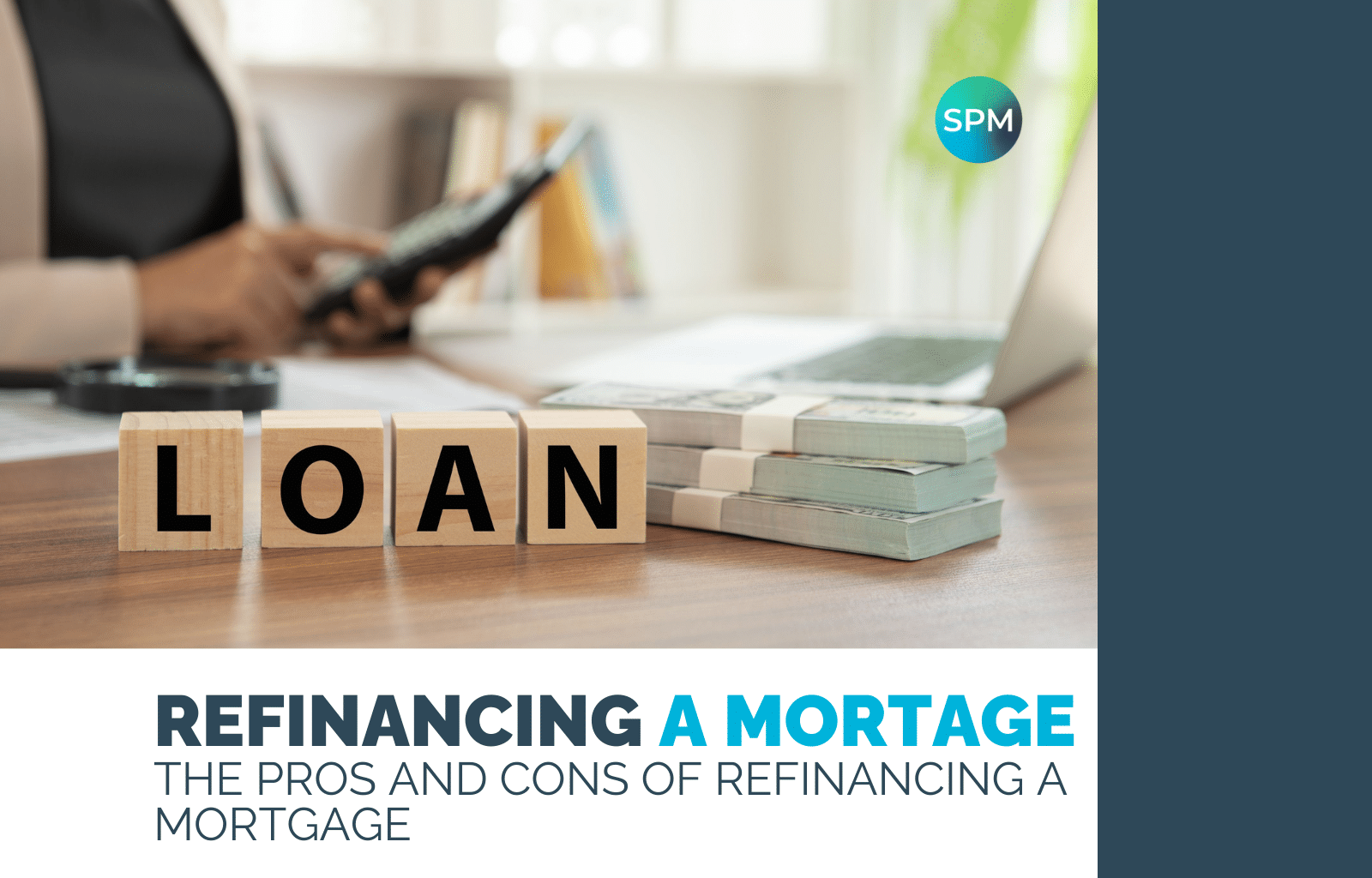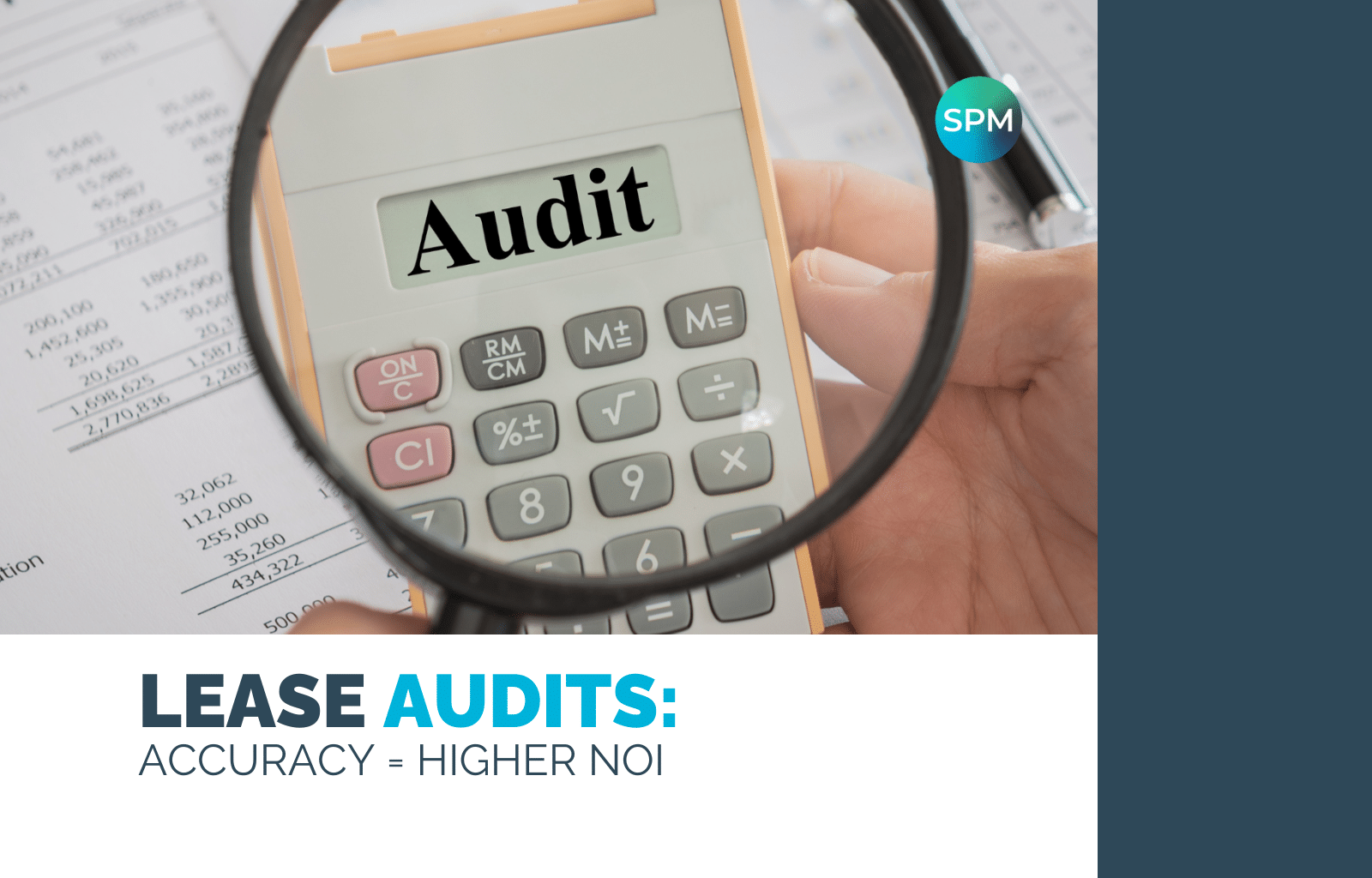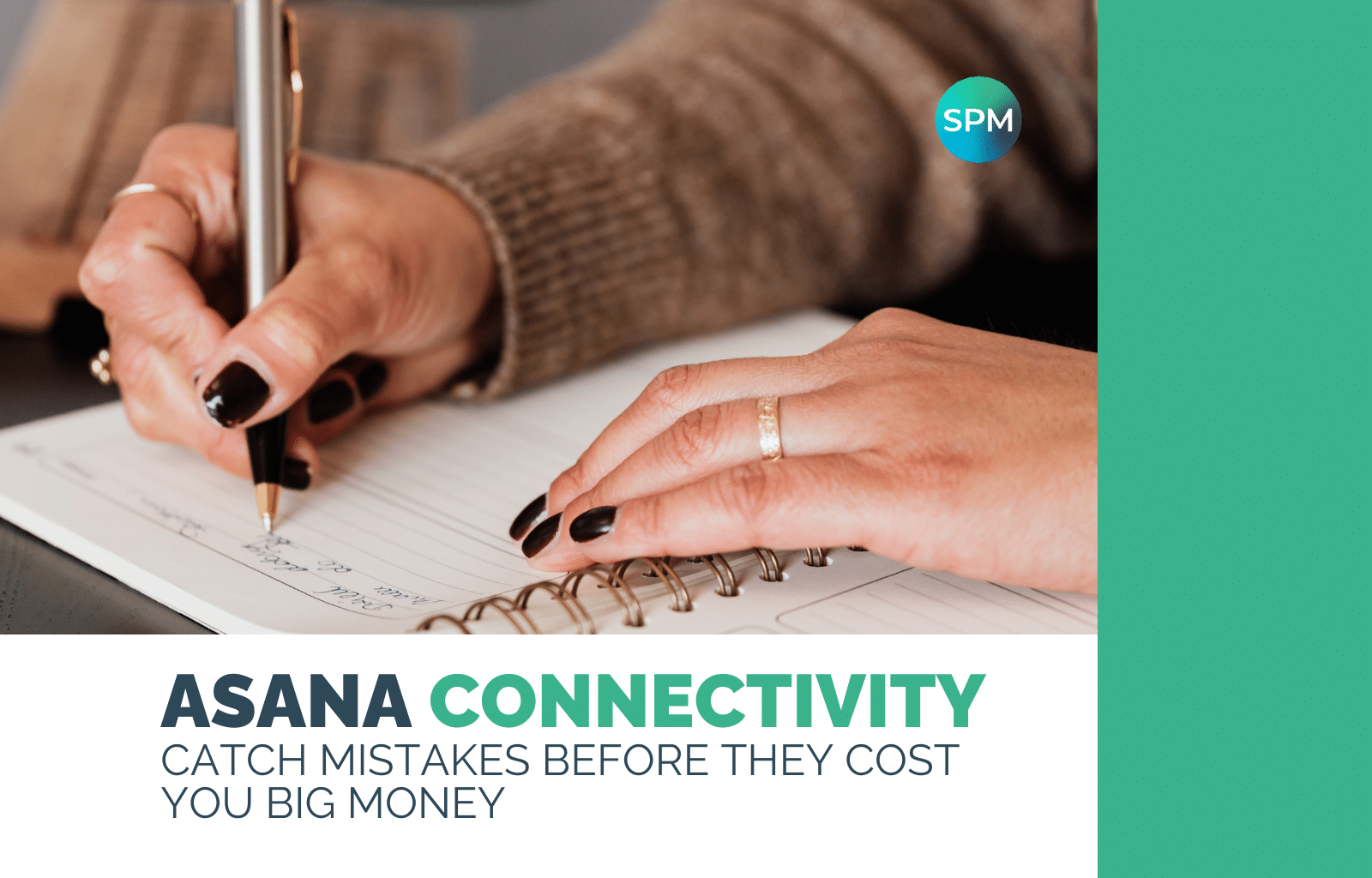Pros and Cons of Refinancing a Mortgage
For the past number of years, investors in the multi-family industry enjoyed strong market fundamentals, favorable economic conditions, and falling interest rates. This led to beneficial opportunities for refinancing their loans, allowing them to lock in lower rates and reduce their interest obligation.
Due to the current inflationary environment, multifamily interest rates have increased considerably from their lows of late 2021. The benefits of refinancing your mortgage have diminished. The rate of refinance has reduced considerably and those with terms coming due are facing the harsh reality of substantially higher rates.
Nonetheless, history says that rates will come back down once they peak so it is worth discussing the pros and cons of refinancing a mortgage. It is crucial to research whether refinancing is the best choice for your current situation. Read on to find more!
What is Refinancing a Mortgage?
Refinancing a mortgage refers to taking out a new loan to replace your existing one. Investors aim to refinance a mortgage for various reasons and the new loan usually comes with better terms than the existing loan.
Investors looking to refinance their multi-family apartment investment will benefit if the property has a good performance history and strong market conditions, and it does not hurt to personally have good credit standing.
The Pros of Refinancing a Mortgage Could be One or More of the Following Reasons:
- Reduce your interest rates and lower your interest cost.
- Reduce your term so you can pay off your mortgage faster.
- Extract your equity invested.
The Cons of Refinancing a Mortgage can be the Exact Opposite:
- Higher interest rates.
- Larger payments.
- Reduction of your equity invested.
Frankly, it comes down to the timing of loan term expiration, if you are in an environment where rates are lower when your term comes due you will benefit but if they are higher, you will face challenges. Let’s just take a look at the general pros and cons of refinancing a mortgage.
Pros and Cons of Refinancing a Mortgage
Pros of Refinancing a Mortgage
1. You can reduce your interest rate.
Property investors refinancing their mortgage at a lower interest rate will be able to lower monthly payments and bettering the bottom line.
2. You can pay off loans faster.
If you can lower your interest rate you may opt to reduce your amortization period. This allows you to pay much less interest over the life of the loan and pay it off faster. This will help increase your net worth at a faster rate assuming the property holds its value or better yet rises in value.
3. You can cash out equity.
In an environment with lower interest rates than your current rate, you will have the possibility to refinance at a loan amount greater than your existing outstanding loan balance. This would allow you to pull out your equity which is always good especially if the new loan is non-recourse.
Cons of Refinancing a Mortgage
1. It can be expensive.
When refinancing a mortgage you will incur certain fees like appraisal, origination, and closing costs. The total of these fees can add up to more than your savings from a lower interest rate.
2. It takes time.
The refinancing process is time-consuming.
3. Higher Rate
Generally speaking, you do not want to refinance if current rates are higher than your existing rate unless your term is coming due and you must. If it is not it is better to wait for a more favorable market climate.
What Does the Refinancing a Mortgage Process Look Like?
- Talk to a variety of lenders: Not all lenders offer the exact same terms, so it is best to shop around. Talk to multiple lenders and compare their rates and loan terms to find the best deal.
- Lender reputation: Assess their ability to deliver on what they say.
- Select a Lender: Pick the one that offers the best terms combined with a solid reputation for delivery.
- Apply for refinance: Once you find the right lender, review all the steps from start to finish, have a plan on how to overcome anticipated hurdles, and apply for refinance.
When is Refinancing a Mortgage, not a Good Idea?
- Interest rates are increasing; refinancing may result in paying higher interest rates than your existing loan.
- You are unsure about why you want to refinance.
- You cannot afford the cost of refinancing
Conclusion of Refinancing a Mortgage
Only when you understand the pros and cons of refinancing a mortgage can you make good decisions. The operating success of your property plays a major role in your ability to favorably refinance. Having an experienced property management team like Summerfield Management to manage your multi-family property will be highly beneficial to maximizing your bottom line.
Refinancing a Mortgage: FAQs
Q: What is a debt coverage ratio (DCR)?
A: A debt coverage ratio is the lenders’ estimate as to how much greater the property’s net operating income before debt payment is than the actual debt payment. They genuinely want it to be at least 1.2 times or greater.
Q: What is the term?
A: The term is the length of the loan period not to be confused with the amortization period which is how long the term would have to be to pay off the entire loan. They are not always the same and in a multifamily investment, they rarely are. It is much more common for them to be the same in single-family lending.
Q: What documents do you need to provide for a multifamily refinance?
A: You generally need to provide 2 years of operating income, a current rent schedule, and rent collection reports for the property. You further need to provide proof of citizenship or U.S. residency status and personal financial statements for the Ownership or at least the General Partner.










